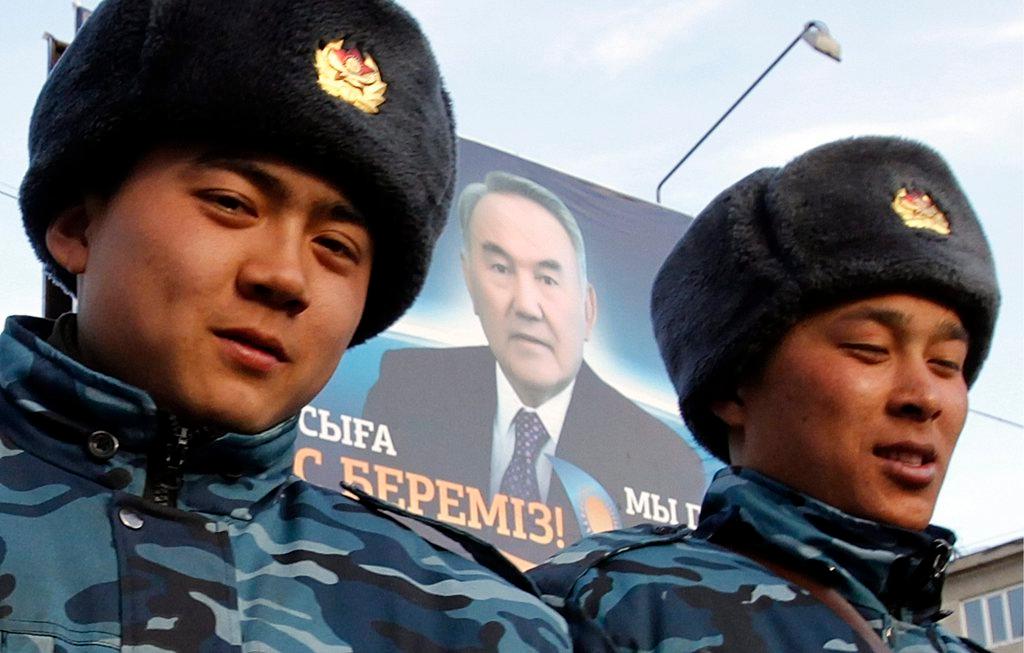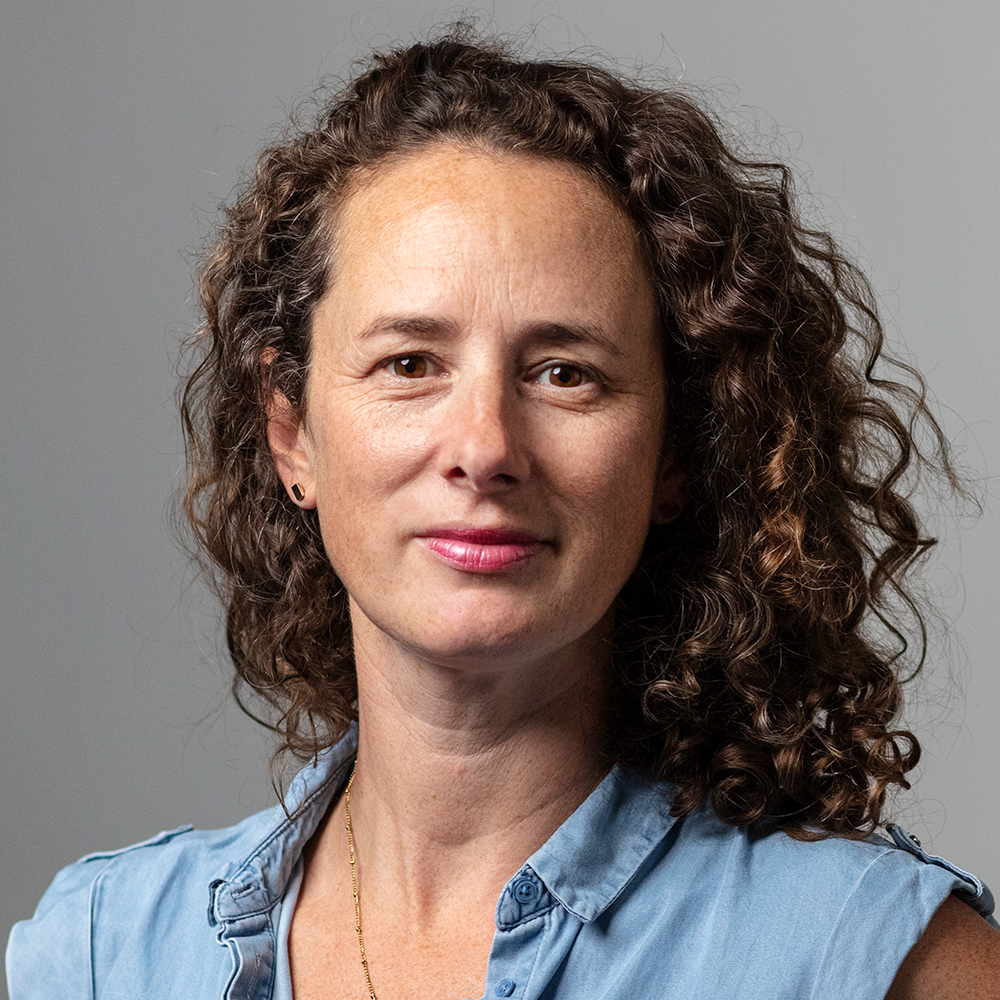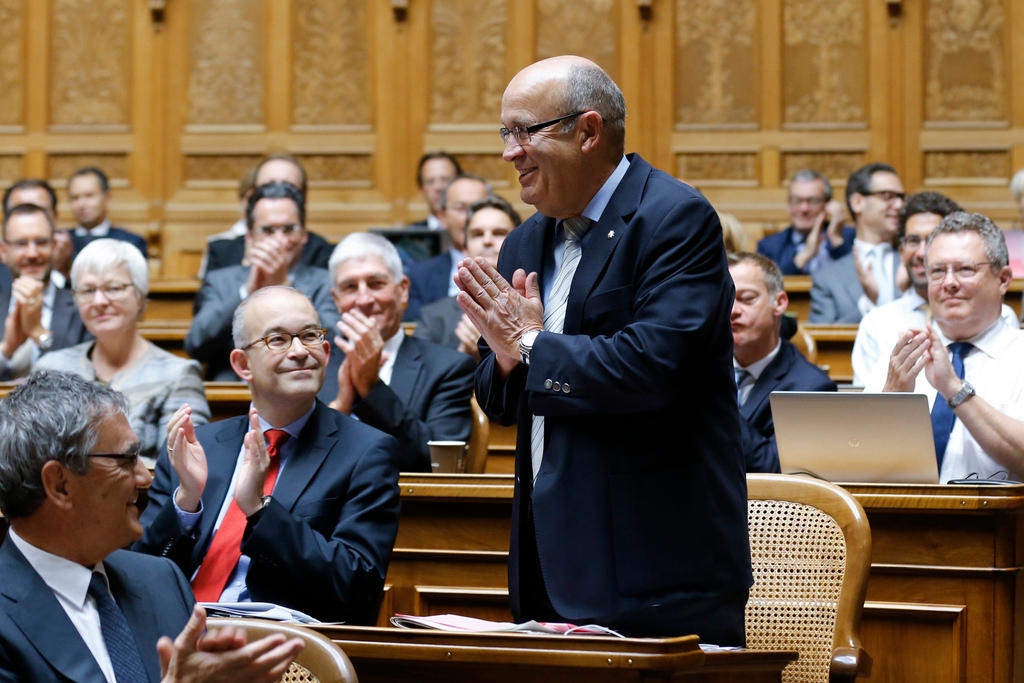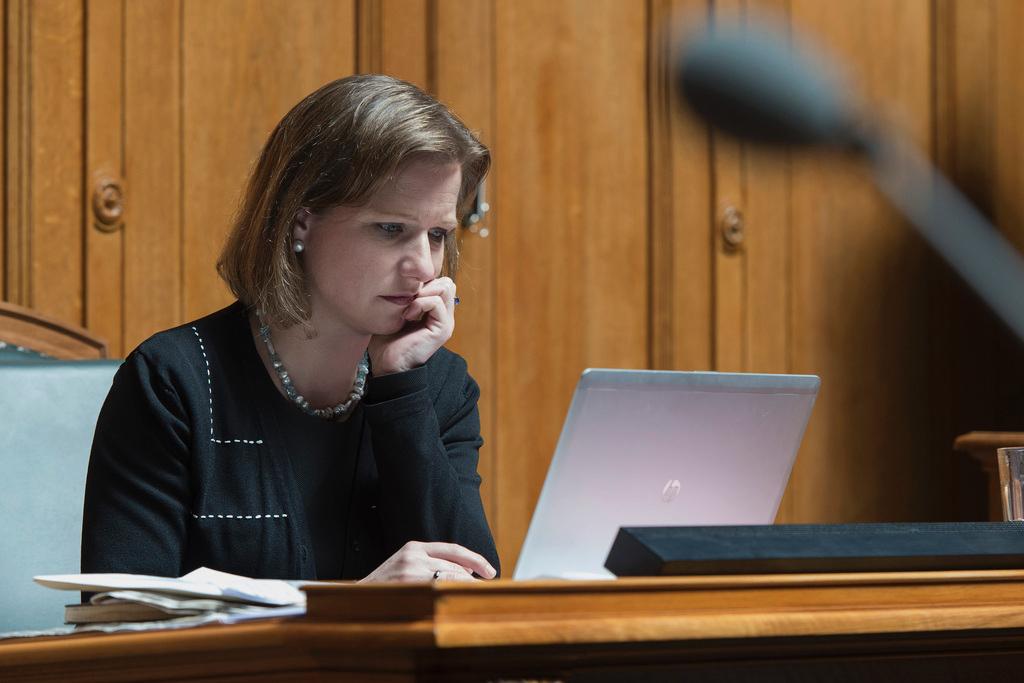Swiss oil trader accused of profiting from ties to elites in Kazakhstan

The NGO Public Eye has accused Vitol, the second largest company in Switzerland, of using a discreet joint venture to conceal links to powerful elites in Kazakhstan, helping the company win lucrative contracts in the country. Public Eye has called on the Swiss Federal Council to strengthen standards for transparency and due diligence in commodity trading.
One of the persons named in the original version of this article wished to publish this statement: “The allegations by Public Eye were investigated in detail by the Office of the Attorney General of Switzerland. These proceedings were legally terminated in 2013 with no wrongdoing found. Based on these allegations reiterated in the Public Eye report, two lawsuits were filed at the Commercial Court in Bern. As part of a court settlement in March 2021, Public Eye had to retract its allegations of corruption upon request of the court. The association undertook to preface its report with a corresponding declaration. In addition, Public Eye was required to delete various passages in its report that might give the impression that the actors had committed illegal acts.” (Published on May 25 2021).
In a reportExternal link released on Wednesday, Public Eye claims that Vitol, the world’s largest private oil trader and a major player in the Kazakh oil export industry, relied on an opaque and intricate web of business relationships with several key figures in the Kazakh petroleum sector to help expand its operations in the country. In a statement to swissinfo.ch, Vitol said it has a rigorous compliance framework to ensure that it complies with anti-corruption laws.
The report is based largely on emails and documents hacked from the inboxes of top-level Kazakh managers, which were divulged by the anonymous platform Kazaword. In 2015, the platform also revealed that Thomas Borer, a former Swiss ambassador, sought to lobby the Federal Council and the Swiss judicial authorities on behalf of the Kazakh government.
Friends with indirect benefits
At the centre of the affair is a joint venture called Ingma Holding NV, which was set up by Vitol’s Dutch subsidiary, of which it retains 49% ownership. Vitol Central Asia is also a subsidiary of Ingma according to Public Eye.
Registered in Rotterdam in 2003, Ingma Holding has no website and is not mentioned in any Vitol corporate materials, making it difficult to confirm the reports from Public Eye. According to the report, Ingma, with only 11 employees, posted revenue of US$93.9 billion and net profits of US$1.1 billion between 2009 and 2016. It also has ten subsidiaries, four of which are registered in Switzerland – in Geneva, Baar and Lausanne.
Public Eye’s investigation claims that Kazakh president Nursultan Nazarbayev’s son-in-law, Timour Koulibayev, indirectly benefited from the joint venture. Koulibayev and his wife also own a house in Anières in Canton Geneva that they bought for CHF74.7 million in 2009.
Vitol told swissinfo.ch that it is unaware of any benefit that Kulibayev received from Ingma.
Vitol’s ascent in Kazakhstan
Corruption is a major hurdle to doing business in Kazakhstan according to the 2017 OECD anti-corruption network reportExternal link. It found that global companies believe corruption is widespread among the country’s political circles where networks of patronage and cronyism undermine business environment. Kazakhstan ranks 122 out of 180 on Transparency International’s Corruption Perceptions Index.
The oil industry is the backbone of the economy, contributing 50% of GDPExternal link and $23 billion to export revenue. Kazakhstan is Switzerland’s second largest supplier of crude oil exports behind Nigeria. The Extractives Industry Transparency InitiativeExternal link indicates that the country has made progress in disclosing oil and gas revenue but gaps remain regarding state-owned oil companies, licensing processes, and beneficial ownership.
The world’s largest private oil trader has been a major player in Kazakhstan’s oil export sector for the past decade. By 2014, Public Eye reports, Vitol was responsible for the sale of nearly a quarter of the country’s crude oil for export. The Financial TimesExternal link reported that in 2017 Vitol was awarded a six-year loan-for-oil deal with state-oil company KazMunaiGas called a pre-financing agreement.
In a response to swissinfo.ch, Vitol said that “Ingma had nothing to do with the pre-financing arrangements with KMG.” It added that its two pre-financing transactions in Kazakhstan – in Tengiz and Kashagan – were awarded to Vitol SA after open and competitive tender processes.
Familiar story
This is the second revelation in one week of major Swiss commodity traders’ involvement in activities that present high risks of corruption. Last Friday, Public Eye and Global Witness alleged that three major commodity tradersExternal link with headquarters in Switzerland, Glencore, Trafigura, and Vitol, worked with intermediaries accused or convicted of bribery in Brazil’s “Car Wash” scandal, one of the largest corruption scandals in the country.
Under current Swiss law, commodity traders are not required to conduct in-depth screening of PEPs as banks are under the Money Laundering Act. In the case of Kazakhstan, Public Eye argues that Vitol partnered with PEPs in a joint venture, which carries high risks of corruption.
However, in a statement, Vitol noted that commodity traders are subject to stringent laws in their dealings with PEPs including those relating to anti-bribery and anti-money laundering. This includes obligations under the EU’s 5th Anti-Money Laundering Regulations and the UK Bribery Act 2010. The company said that “it already implements all the measures suggested by Public Eye and is already obliged to implement robust due diligence and anti-bribery procedures under the UK Bribery Act 2010 and other similar legislation.”
The NGO calls on the Swiss Federal Council to mandate due diligence of business partners and transparency in payments to governments. It also recommends that Switzerland establish a Commodity Market Supervisory Authority to regulate the sector.
This article has been updated on May 25, 2021 to reflect the outcome of a lawsuit between persons mentioned in the original version of the article and Public Eye.

In compliance with the JTI standards
More: SWI swissinfo.ch certified by the Journalism Trust Initiative




You can find an overview of ongoing debates with our journalists here. Please join us!
If you want to start a conversation about a topic raised in this article or want to report factual errors, email us at english@swissinfo.ch.